190 CD / Auryn’s Haydn: op. 9
Description
"Once again, the Auryn Quartet shows itself here to be the ideally matched partner for Haydn's world of thought, not only with regard to the fantastic congruency of compositional demands and interpretative urgency, but also with regard to the breathtaking technical perfection with which they make music. We shall soon have the complete recording of the Haydn String Quartets and - this is already certain - hardly another ensemble will be able to hold a candle to them." (klassik-heute)
4 reviews for 190 CD / Auryn’s Haydn: op. 9
You must be logged in to post a review.

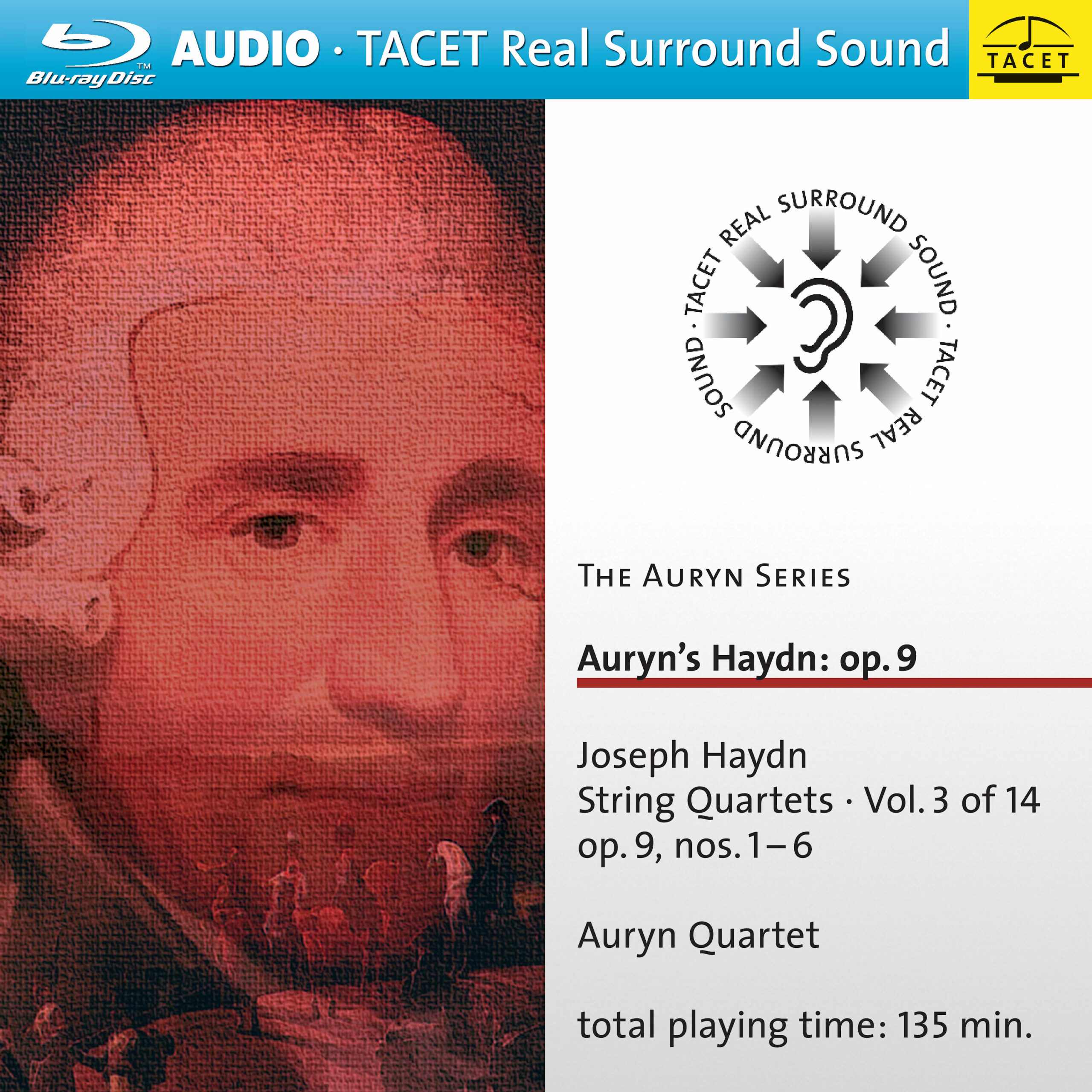
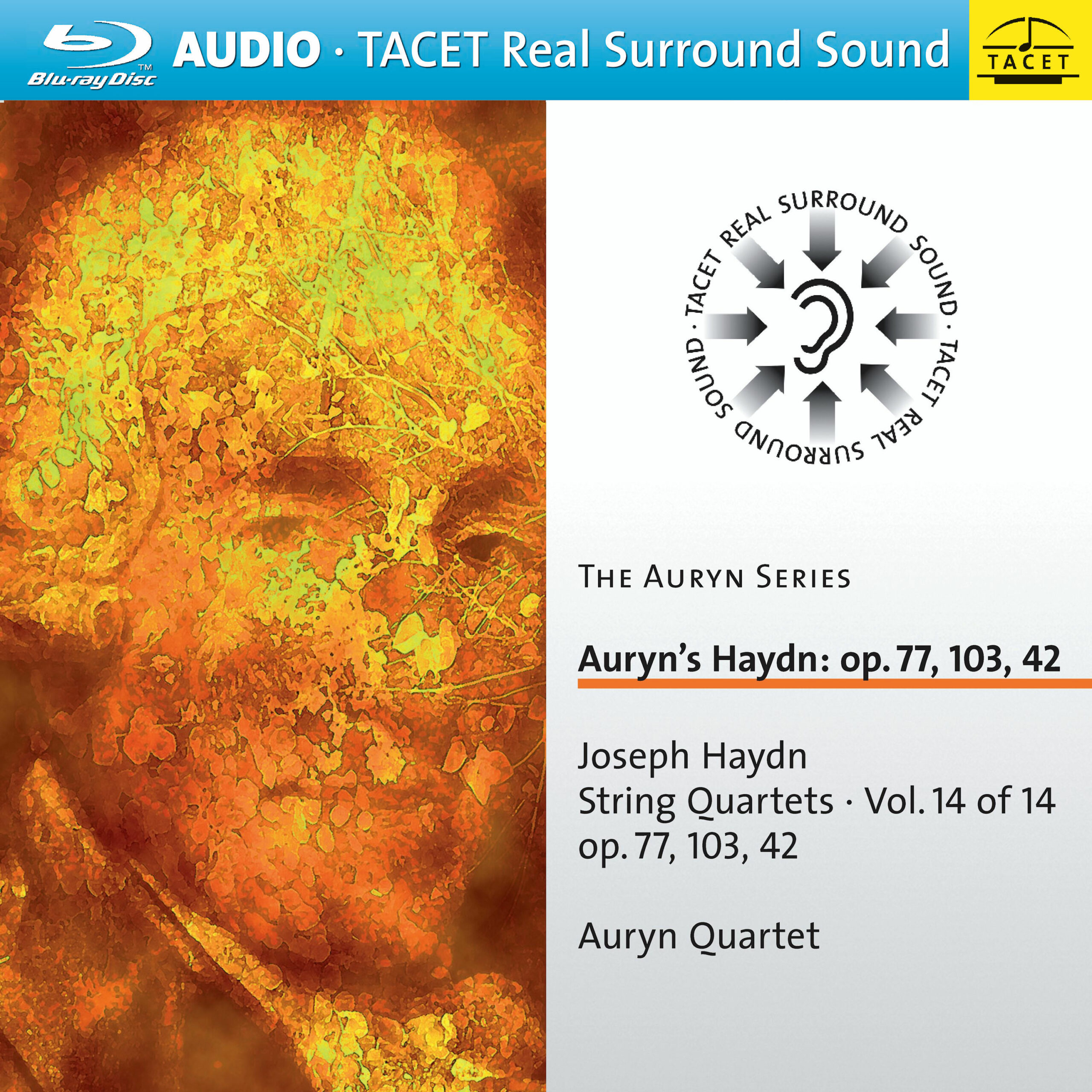
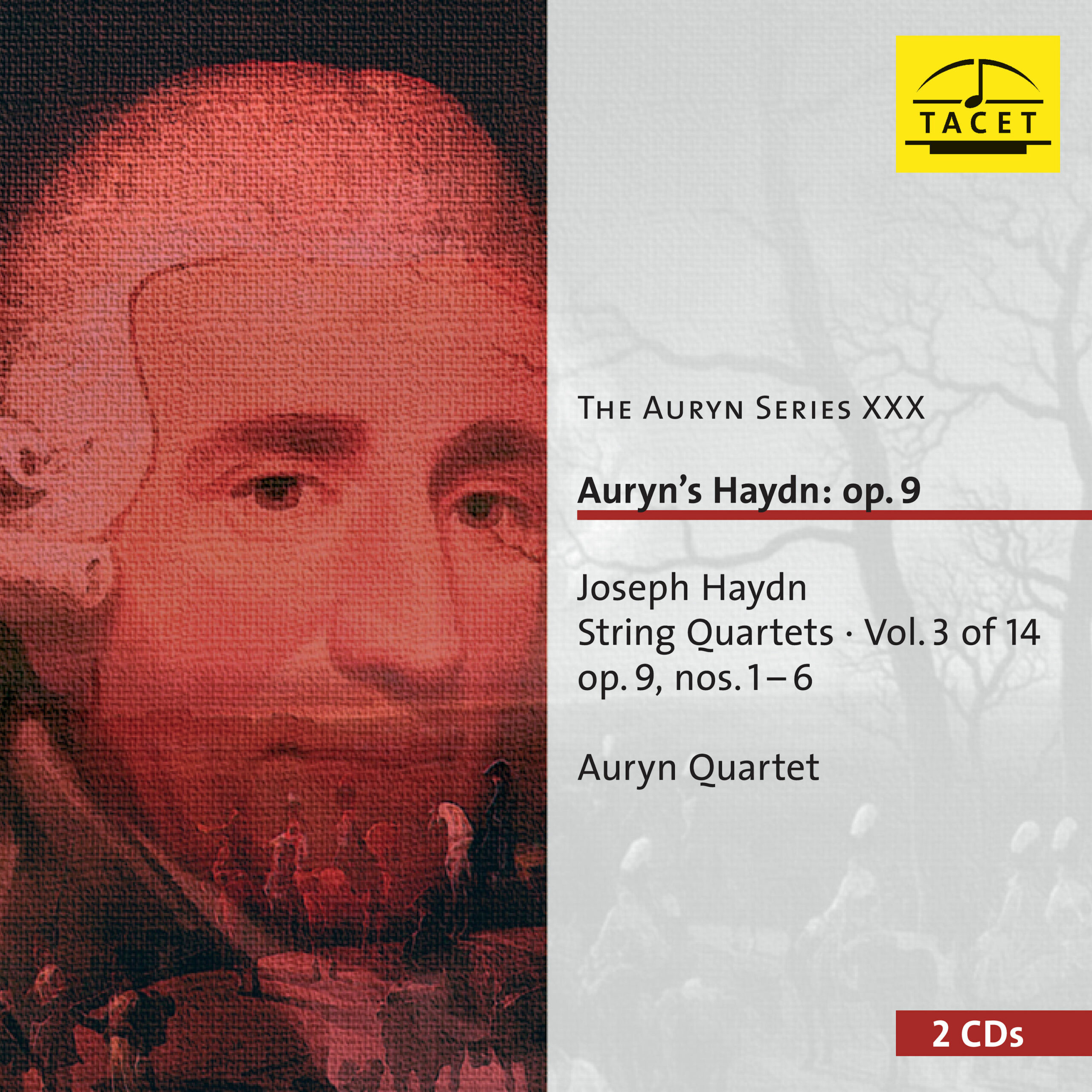
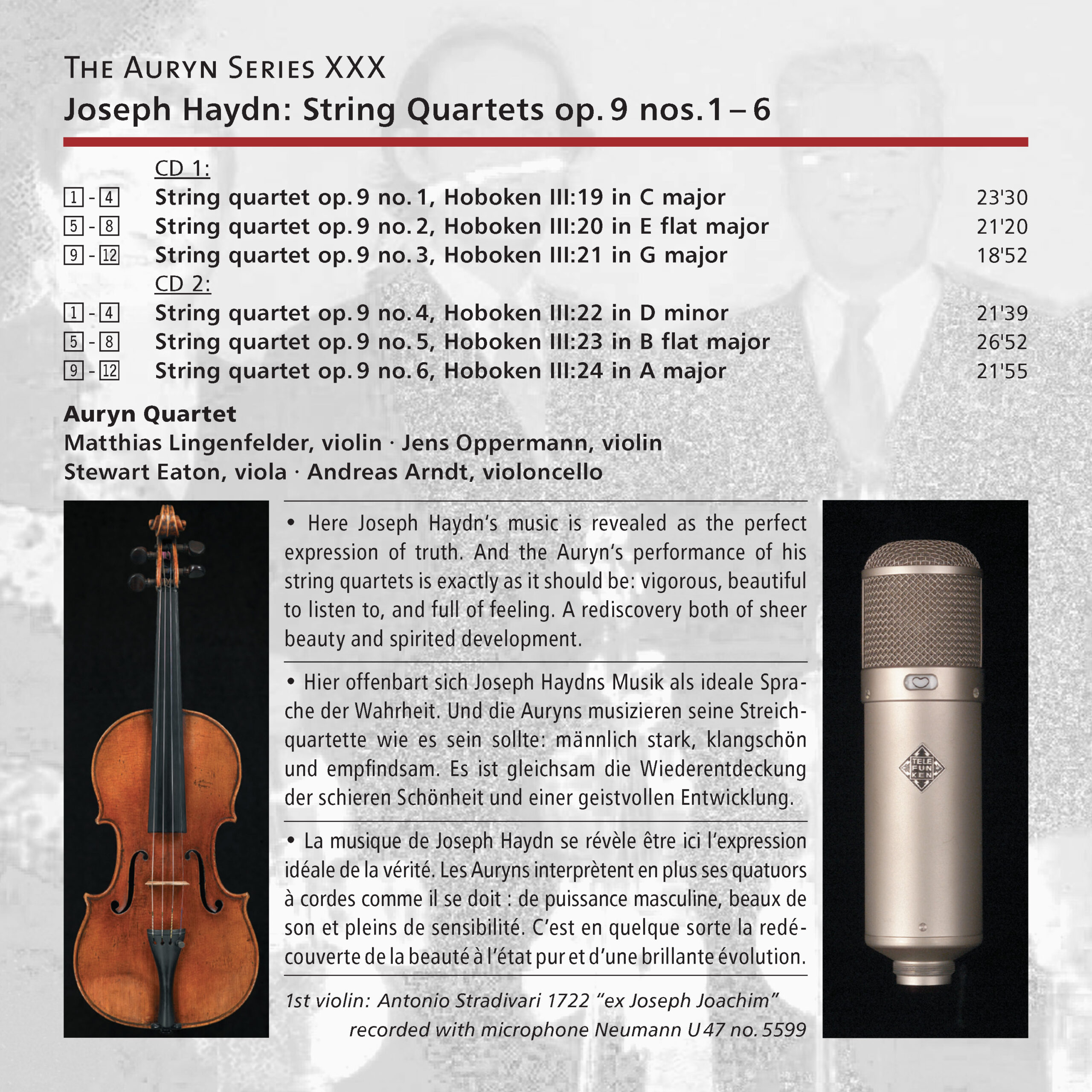



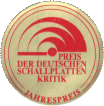
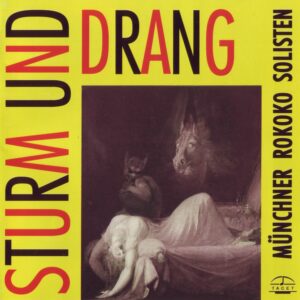

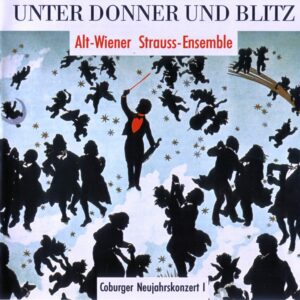
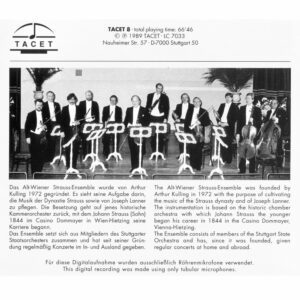

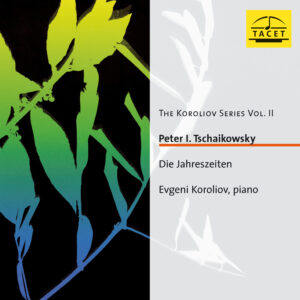
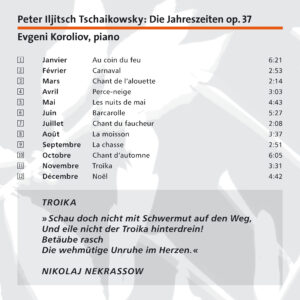

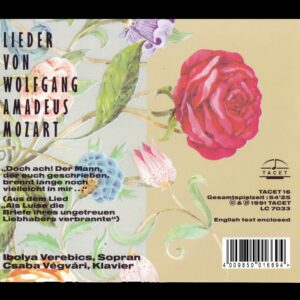
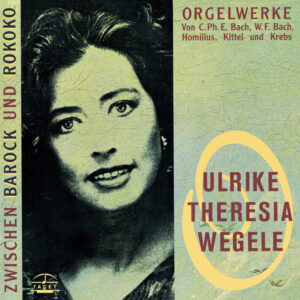
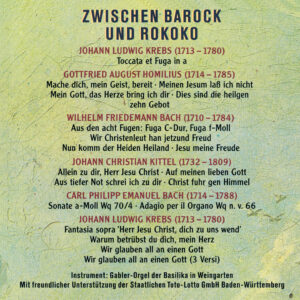
Preis der deutschen Schallplattenkritik –
Laudatio for the Award of the German Record Critics' Annual Prize to the Haydn Cycle by the Auryn Quartet
Joseph Haydn is considered the father of the string quartet genre. The Auryn Quartet recorded his nearly 70 string quartets over a two-year period: for the first time using the critically edited "purified" text, with esprit, lively emotion, and highly differentiated ensemble playing, all within a natural sound space: a small sensation. Such an undertaking requires a label that is not only technically state-of-the-art but also willing to take risks. The Stuttgart-based TACET Musikproduktion has distinguished itself several times through this very combination of skill and daring. Therefore, we award the Annual Prize to the Auryn Quartet and their producer/sound engineer Andreas Spreer for their epochal Haydn project, which is already assured a prominent place in the annals of sound recording.
(For the jury: Thomas Rübenacker)
Audiophile Audition –
(...) The entire Tacet series featuring the Auryn Quartet continues to be one of the most exceptional on the market today, recorded in splendid sound with spectacular playing, and is deserving of the highest recommendation.
Steven Ritter
Bayern 4 Klassik Radio, CD Box –
These days mark the crowning conclusion of an editorial achievement beyond compare: the release of the 14th and final volume of the new complete recording of all 68 string quartets by Joseph Haydn on the TACET label. The daring protagonists of this adventurous journey through the experimental cosmos of Haydn—the founding father of the string quartet—are the four musketeers of the Auryn Quartet: violinists Matthias Lingenfelder and Jens Oppermann, violist Stewart Eaton, and cellist Andreas Arndt. Since 1981, the four have performed together in an unchanged lineup—making this year a double celebration as the Auryn Quartet also marks its 30th anniversary! (…) TACET’s new release exemplarily highlights the ensemble’s special qualities once again: structural clarity, sonic beauty, and a vibrant spirit of music-making. An interpretation of timeless classicism.
Fridemann Leipold
Klassik heute –
With the six quartets of Op. 9, composed in 1769/70, Joseph Haydn had made significant progress on his path toward establishing the musical form of the “true” string quartet. It would be another ten years or so before he fully manifested this new genre in terms of structure and compositional technique with his key work in this regard—the six quartets of Opus 33. In the Op. 9 quartets, which Haydn later reportedly referred to as “his first string quartets” despite still being rooted in the divertimento tradition, the composer for the first time set himself the task of grouping six individually conceived works under a single opus number—each to be understood both as a standalone piece and as part of a greater whole. However, one thing Haydn had not yet fully left behind was the strong preference for the first violin, which at times ventures into distinctly virtuosic territory.
But for Matthias Lingenfelder, the first violinist of the Auryn Quartet, the challenges posed by these works are no obstacle. With astonishing ease and naturalness—and yet with utmost concentration—he follows the concertante driving forces within these pieces. With great verve and exceptional sensitivity, he unfolds the virtuosic potential of the melodic line and the expressive gestures, shaping them into a richly contoured profile without overburdening the structure or diction. Through his supple agogic nuances, a finely tuned play with articulative and dynamic shadings, and gracefully integrated ornamentation, the quartet as a whole uncovers layers of expression in both melody and accompaniment that are likely to lead to a new understanding of these early works—elevating their compositional texture far beyond previous estimations. The primacy of the first violin remains finely balanced within the musical fabric, carefully interwoven with the harmonic scaffolding provided by the second violin, viola, and cello, who, beyond their supporting roles, increasingly take on a more substantive presence in the musical discourse.
Alongside the finely tuned and brilliant agility in the fast outer movements, it is above all the slow movements that truly captivate, where the Auryn Quartet consistently succeeds in capturing just the right balance of emotion and expressive depth. These slow movements, with their touching cantabile quality, reveal themselves as the true emotional core of the compositions—marked by refined sound, rich nuances, heartfelt warmth, and an atmospherically coherent character. The minuets retain their dance-like charm, yet through their graceful rhythmic buoyancy, they seem elevated to a higher, more refined level. The Auryn Quartet brings out their multi-part character through a highly vibrant and dynamic musical process.
"Once again, the Auryn Quartet shows itself here to be the ideally matched partner for Haydn's world of thought, not only with regard to the fantastic congruency of compositional demands and interpretative urgency, but also with regard to the breathtaking technical perfection with which they make music. We shall soon have the complete recording of the Haydn String Quartets and - this is already certain - hardly another ensemble will be able to hold a candle to them." (klassik-heute)
Thomas Bopp